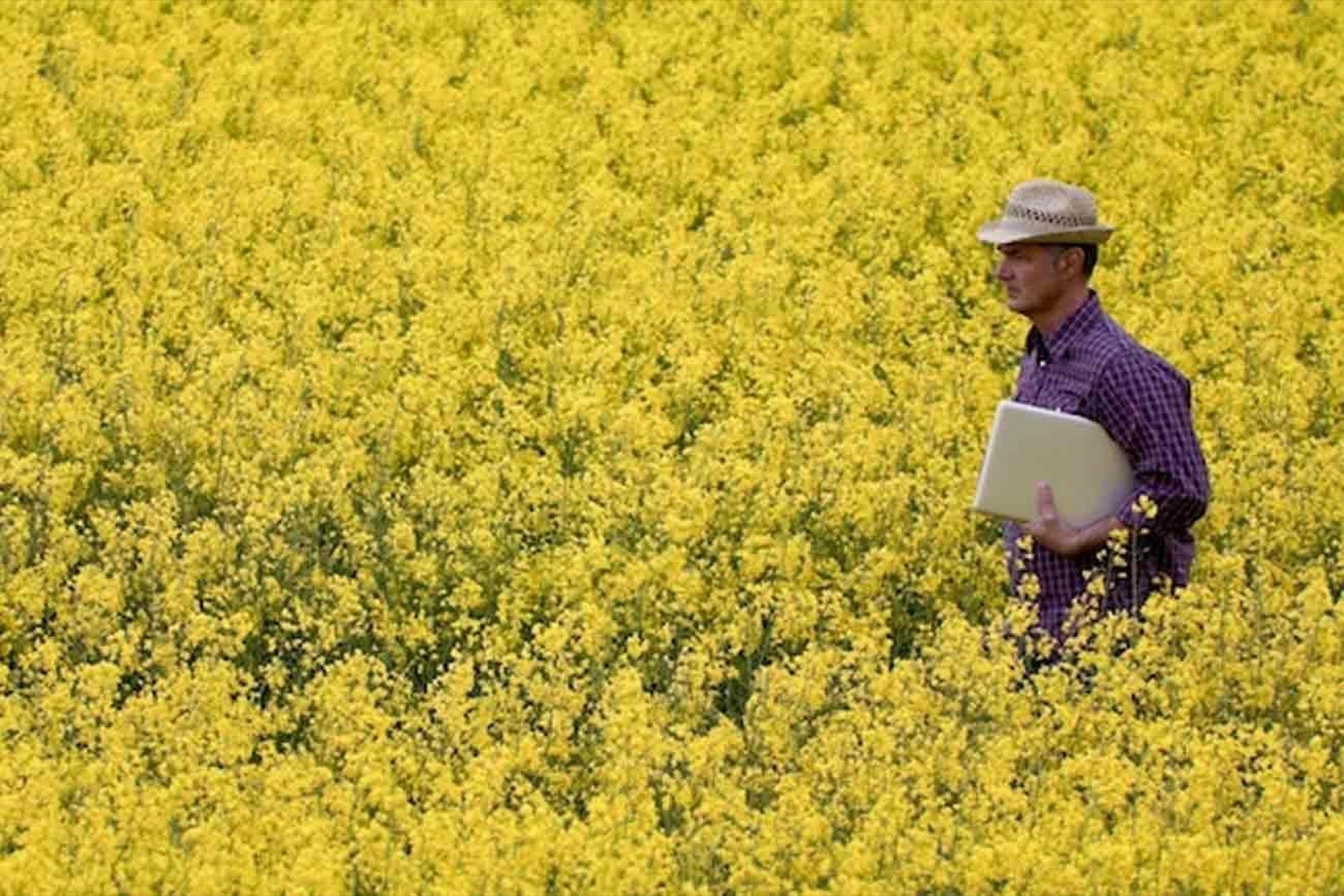What Matters Most While Opting for Smart Farming Technology From intelligent farm management solutions to storage and warehousing facilities, agribusinesses around the world are focusing on adding technology to their practice in order to be more efficient
Opinions expressed by Entrepreneur contributors are their own.
You're reading Entrepreneur Asia Pacific, an international franchise of Entrepreneur Media.

Did you know that the world's population grew from 1.6 billion to over 7 billion between 1900 and 2012? Let us make that even more interesting with this little fact — figures from the Food and Agriculture Organization of the United Nations suggest that total farmland increased by 12.4 million acres (i.e. 5 million hectares) annually between 1992 and 2002.
The most important thing to remember while reading these two mind-boggling facts is that the size of the Earth is still the same. It is not like our home sprouted an additional wing that we could immediately put to use. The reality is that what is available to us for cultivation remains the same.
How do we come up with smart, sustainable methods of cultivating food to meet the growing needs of an expanding world? Agriculture technology benefits every stage in the food production and distribution process. From harnessing satellite and ground-level data to improve cultivation and harvesting methods, to monitoring the health of farms for accurate yield assessment throughout the cultivation cycle, the use of digital technology lends a high level of predictability to agriculture that was unheard of till now. Right from intelligent farm management solutions to storage and warehousing facilities, agribusinesses around the world are focusing on adding technology to their practice in order to be more efficient. A recent research report predicts that the global smart farming market is expected to touch $23.14 billion by 2022, rising at a compound annual growth rate of 19.3 per cent from 2017 to 2022.
Once the obvious merits of adopting digital technology and smart practices are clear, organizations often find themselves grappling with the quintessential technology dilemma — whether to build the capabilities in-house or look for an outsourced solution. Here are few factors that should be kept in mind while deciding between a robust outsourced solution versus taking the bold step of building the capabilities in-house.
A High Level of Technical Expertise
For a farm management solution to be truly effective, it needs to draw from the experience and knowledge of a skilled multi-disciplinary team that can combine their technical know-how with a keen understanding of agricultural best practices. This helps in ensuring that every aspect of the cultivation process is taken care of in a manner that guarantees success.
A Scalable Solution to Continuously Generate Impact
Every year brings new advancements in digital technology that can be applied to agriculture to include newer efficiencies and enhancements to existing processes. A comprehensive farm management software is one that is flexible enough to adapt to these improvements and can scale with the pace of technology. Often, in-house solutions tend to focus on one or a few of the areas, and fail to incorporate the entire gamut of farm operations. This limits their ability to scale at the pace that the industry is evolving.
It is Not Easy to Maintain an Army of Specialists
A successful product, irrespective of the industry, is dependent on the combined efforts of a huge talented group that rallies together for the same goal. It also means that different skillsets are required at varied stages of development. Building and maintaining such a team in-house translates to huge costs in terms of manpower. On the other hand, dedicated agriculture-tech providers already have a huge team of multi-disciplinary experts since they are constantly focused on developing and testing new features that improve the overall cultivation process.
It Takes a Lot Longer to Build a Workable Solution In-house
From utilizing regional and ground-level data to guide efficient cultivation practices to continuous monitoring of crop health to foresee and prevent any risk, a robust farm management software touches every stage of the cultivation process. Building such a solution requires huge investments in terms of time and resources and it could take years to come up with a workable prototype. Outsourcing such capabilities to a specialist allows agribusinesses to reap the benefits of digital agriculture a lot faster. The overall rate of innovation is also accelerated since dedicated technology providers are focussed on continuously improving their offering with every breakthrough advancement in the field.
The Costs are a Lot Higher When you are Building it Yourself
The biggest differentiator between building a farm management software in-house versus buying an existing solution lies in the overall cost incurred while building such a software. Right from hiring the right team, developing and testing the software on a continuous basis to investing in research and innovation to stay on top of any new technological advancements in the field — there are huge costs involved at every stage of the process. Even after building a successful product, it needs to constantly be improved with regular updates and feature enhancements in order to stay relevant and useful. It is a lot more cost effective to outsource such a solution to a technology provider who has the resources to implement and maintain such a software without any hassles.
It goes without saying that every aspect of food production and distribution stands to benefit from the use of digital technology in agriculture.













